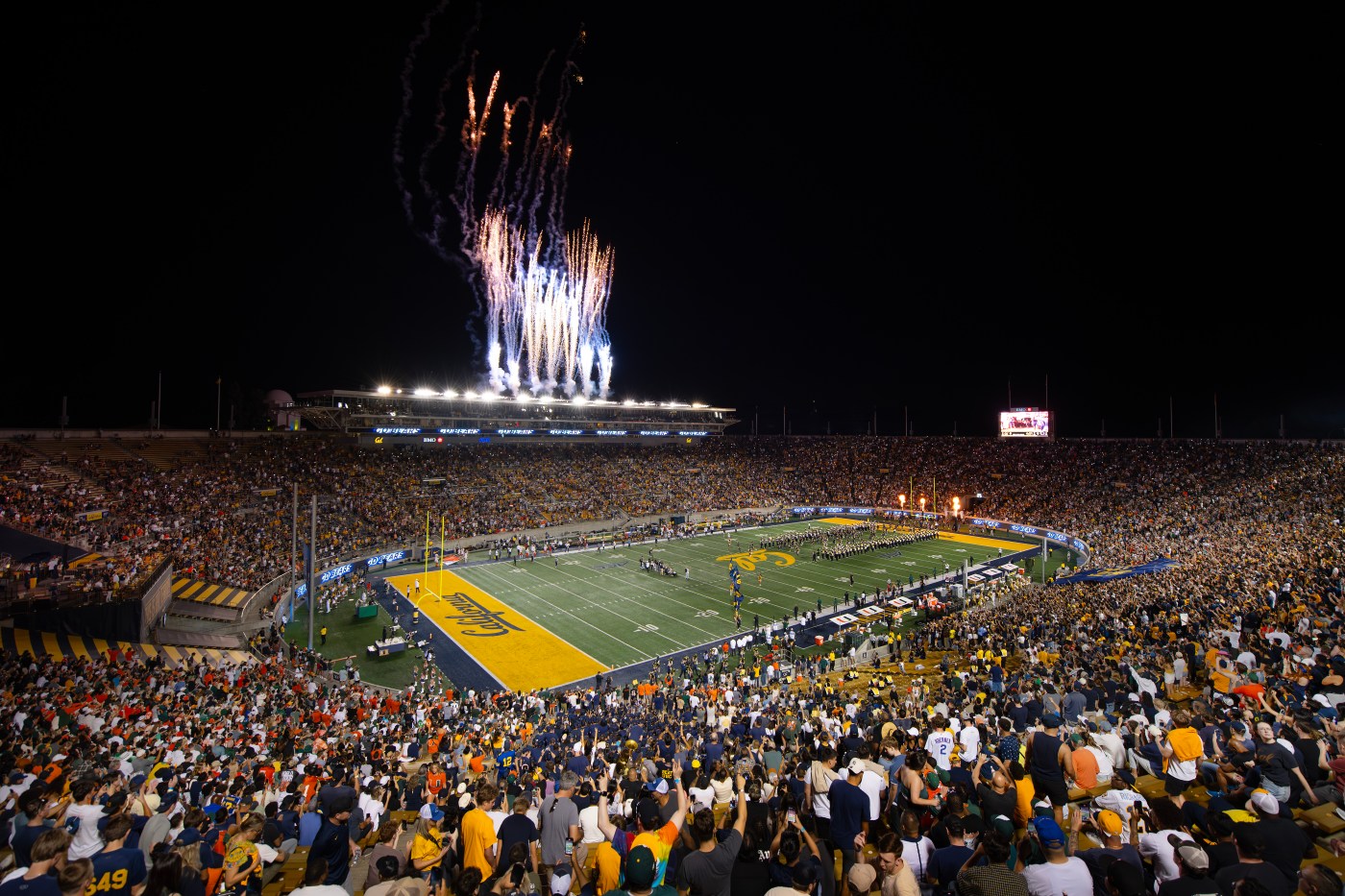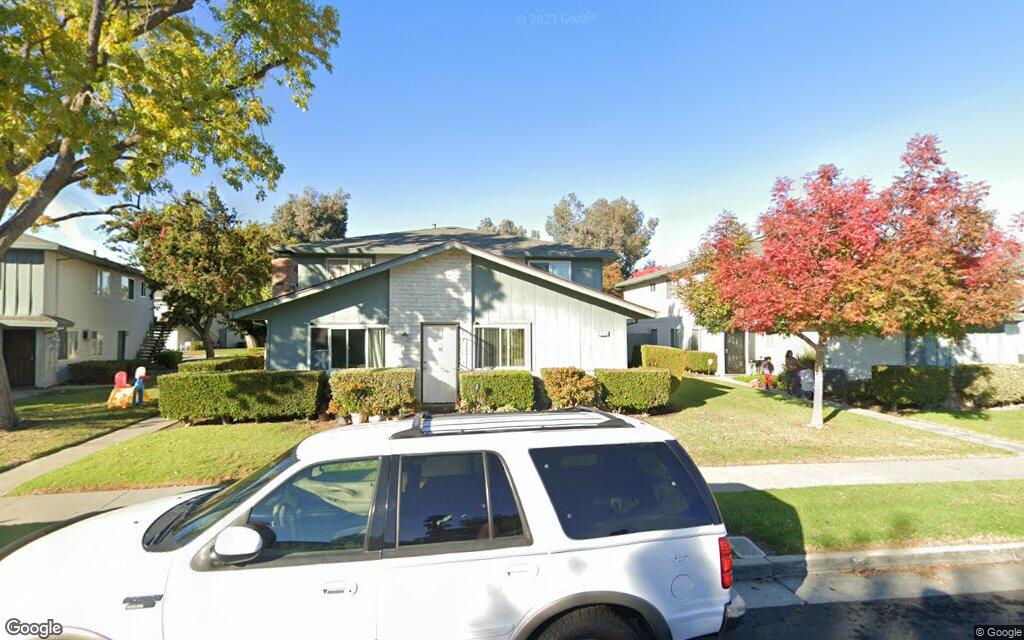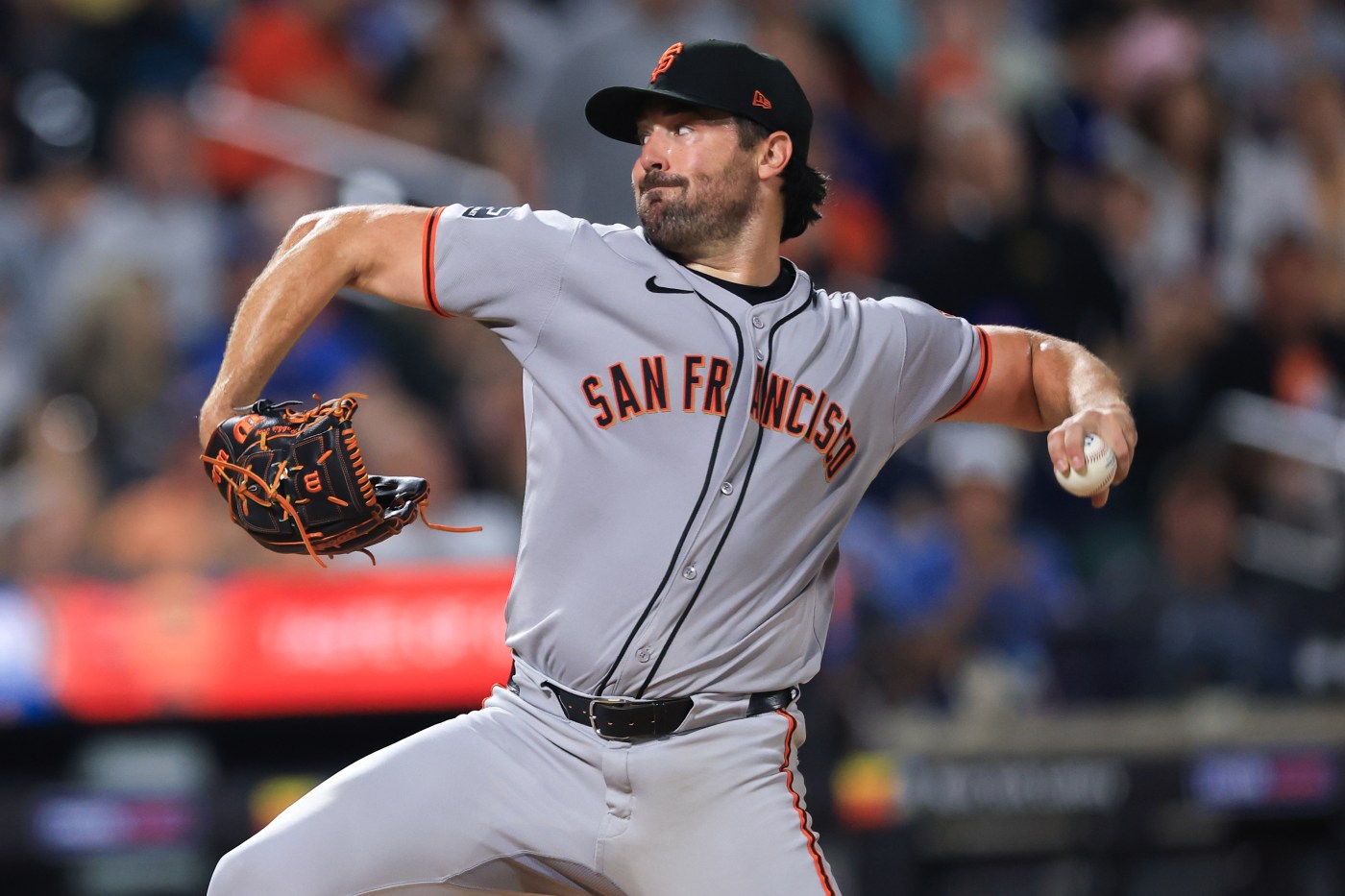Following one of the most depressing stretches in eons for Cal football fans, newly appointed general manager Ron Rivera held a virtual news conference Monday to discuss the state of the program and his role in shaping its future.
Rivera uttered the phrase “We have a plan” at least five times during the 30-minute session, often in response to questions about the mass exodus of running backs into the transfer portal. He discussed his “working relationship” with coach Justin Wilcox and the sweep of his responsibilities. He addressed the role of NIL while avoiding details of compensation packages offered to players.
But Rivera saved the most important sentence for the final 30 seconds of the Zoom call: “We’ve got to be in position that when change comes, we’re part of the change going forward, not going backwards.”
He didn’t specify, but Rivera seemingly was referring to the massive restructuring of major college football expected to sweep the landscape at the turn of the decade.
Whether the SEC and Big Ten expand again and become 24-school behemoths or a super league emerges for the top 40 or 50 schools, the sport is likely to bifurcate. The next five years are an audition for Cal, Stanford and so many of their peers in the ACC and Big 12.
The key to securing a spot in the new upper tier? Competitive success.
The key to ensuring competitive success? Financial resources.
The key to maximizing resources? Institutional commitment.
It’s easy to blame tailback Jadyn Ott’s move to Oklahoma and tight end Jack Endries’ departure for Texas on the lack of NIL funds or changes to the coaching staff. Those issues (and others) undoubtedly played a role in their decisions.
But Cal’s challenges can be traced to a more complicated origin, to an institutional ethos slowly breaking from its past. For too long, influential decision makers within the athletic department and across the university failed to value football at the appropriate level. Many of those executives, in fact, were unapologetic in prioritizing the success of Cal’s Olympic sports at the expense of football.
This colossal strategic misstep cannot be rectified in a few months despite the best efforts of both Rivera and chancellor Rich Lyons, who is keenly aware of the vital role football will play in shaping the future for Cal athletics.
If the Bears are left behind when college football restructures in the 2030s, the fallout will impact golf and swimming and field hockey and rugby.
If the Bears are permanently relegated to second-class status in a football world, the ramifications will ripple across the university, impacting facets of campus that seemingly have no connection whatsoever to what transpires at Memorial Stadium.
Lyons, whose tenure began last summer, sees the connections more clearly than many.
That’s why he hired Rivera and handed the Cal legend oversight of the football program, with a direct reporting line to California Hall.
That’s why he reveled in the turnout for ESPN’s ‘College GameDay’ broadcast from Memorial Glade prior to the Miami game.
And that’s why he told the Hotline in February that football and men’s basketball “need” to be competitive.
“A lot of people view it as a two-dimensional problem: ‘If you’re spending on sports, you aren’t spending on other things.’ But this is actually three-dimensional,” Lyons explained.
“What is the principal device for driving alumni engagement? When you invest in athletics, you are investing in alumni engagement, and when you invest in alumni engagement, you advance your mission.”
Rivera’s final statement during his 30-minute session with the media Monday afternoon wasn’t the only telling remark. We couldn’t help but note his response to the first question.
Asked to clarify the chain of command within athletics — who reports to whom “in terms of you, (athletic director) Jim Knowlton and Justin Wilcox” — Rivera offered the following:
“The one thing everybody has to understand is I do have the opportunity, working with the chancellor, to make decisions on what is best for Cal football because my hands are in every facet of Cal football. And that’s something everybody needs to understand.”
Related Articles
NFL Draft preview: Cam Ward or Shedeur Sanders? And keep an eye on linemen
Big Ten QB rankings: Where Iamaleava fits among Allar, Sayin, Moore, others
News recap: The Sanders controversy, portal madness, faking injuries
Mailbag: On UW’s non-conference schedule, House impact, P12 media rights
Recruiting: The Iamaleava impact, Washington State’s roster remake and Cal’s rough week
In fact, Rivera spent 74 seconds explaining his partnership with Wilcox and reporting line to Lyons, but he did not mention Knowlton by name — not once.
Granted, Rivera spoke in depth about working with Knowlton during his introductory news conference last month. But combine his authority over football with the comment Monday and the bread crumbs suggest Knowlton has been marginalized, albeit with four years remaining on a contract worth approximately $1 million annually. (He signed a long-term extension in the fall of 2021, courtesy of former chancellor Carol Christ.)
To this point, there is no indication Knowlton plans to step down and follow the path of his former counterpart across the Bay. Stanford athletic director Bernard Muir resigned in February, just three months after a new university president, Jonathan Levin, appointed Cardinal legend Andrew Luck as the football team’s general manager — with a direct line to Levin’s office, no less.
Now here’s Lyons, on the job for nine months, doing exactly the same with Rivera and stripping the athletic director of command of the sport that matters more than all the others combined. Whether Knowlton steps aside or not is secondary. Rivera made it clear that he’s running football, and football is setting the course.
The sooner he is able to consolidate support across the Cal athletic community and maximize resources — for both roster construction and staff salaries — the better for the future of the department and the school.
Because if the Bears get left behind when the Great Restructuring arrives, the collateral damage across campus will be immense.
*** Send suggestions, comments and tips (confidentiality guaranteed) to [email protected] or call 408-920-5716
*** Follow me on the social media platform X: @WilnerHotline





